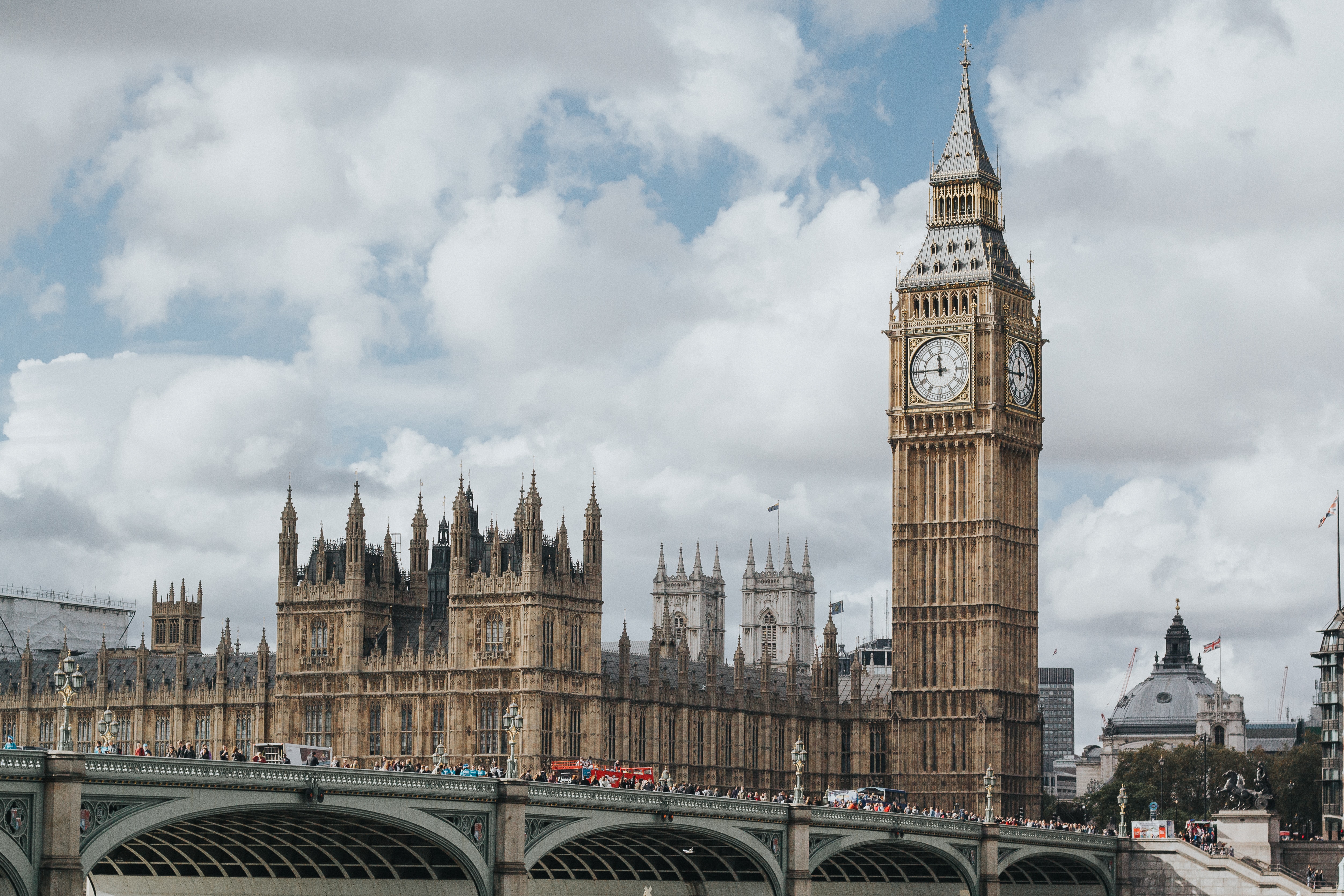
This week the UK Chancellor Rishi Sunak delivered the 2021 Autumn Budget in the House of Commons. The Budget confirms that this government has accepted a permanently larger role for the state in the economy. Spending will grow in real terms by 3.8% across government, amounting to a £111bn annual increase by 2024–25. Analysis by the Office of Budget Responsibility (OBR) shows total public spending levelling out around 42% of GDP once the huge rises associated with the pandemic wear off. This is not high by European standards. However given the figure averaged around 37% in the 30 years preceding the Great Financial Crisis it marks a step change, in particular for the Conservative party.
But Rishi Sunak and the Treasury remain fiscal conservatives. The Chancellor has created a new ‘fiscal rule’ (the fifteenth since 1997) which requires balancing day-to-day spending, excluding investment, within three years and keeping public sector investment from averaging more than 3% of GDP. Instead of achieving this through spending cuts, the Chancellor is embarking on major tax rises. Post-budget analysis by the Resolution Foundation finds that by 2026–27, tax revenue as a share of the economy will be at its highest level since 1950 (36.2%), amounting to an increase per household since Boris Johnson became Prime Minister of around £3,000.
The fiscal rule itself is arbitrary and appears to be more driven by politics than economics. With interest rates on long-dated government debt remaining at record lows, there is no obvious reason to balance the budget over the short-term when the economy faces longer-term ‘scarring’ effects from the pandemic, which the OBR estimates will be around 2% of GDP.
More generally, the Budget lacks any real vision for how to achieve the ‘high skill, high productivity, high wage’ economy that Boris Johnson spoke about in his party conference speech.
On the spending front, the biggest increases will go towards the NHS, social care and pensioners. With an ageing population and technological advances in healthcare, such increases are inevitable. They should arguably be higher, in particular for social care, which ultimately could help reduce costs on the NHS in the long run.
Disappointment
The biggest disappointment, ahead of the UK’s hosting of the COP26 summit next week in Glasgow, is the lack of any new plans to support a green transition. Keeping public sector investment to below 3% suggests the Chancellor is not yet taking seriously the massive transformation of our energy, housing and transport infrastructure required to meet the UK’s net Zero 2050 targets. The Treasury appears unable to see the potential of policies such as a national home insulation program to reduce carbon emissions, create good quality jobs and reduce the cost of living for those many poorer households in leaky homes. The announcement of a tax break on short haul flights — which are already significantly cheaper for equivalent journeys than trains in this country — confirms the Treasury’s myopic views on the net zero transition.
Sunak made much of the announcement of reduction of the rate at which universal credit is taxed for those who are in work. How the remaining four million or so households on universal credit who haven’t found work are supposed to survive the £1,050 per year reduction in their incomes from the reversal of the £20 uplift remains to be seen.
But the broader point here is that if the Treasury was genuinely interested in ‘making work pay’ as Sunak emphasised in his speech, they would be taxing wealth and not wages. A recent analysis found that the Treasury could raise £16bn a year if shares and property were taxed at the same rate as salaries. Currently, the richest 1% of the population take 13% of their income in the form of capital gains.
Given that the bulk of new spending announced in the budget will mainly support older, wealthier people, the case for a gradual shift towards taxing some of the assets they have built up over their lifetimes rather than the income of the wider population seems strong. This should also encourage more private investment into productive activities rather than property. But, just as with climate change, this kind of broader strategic vision seems missing from the Chancellor and the Treasury’s thinking.
Originally published on the UCL Institute for Innovation and Public Policy blog.
